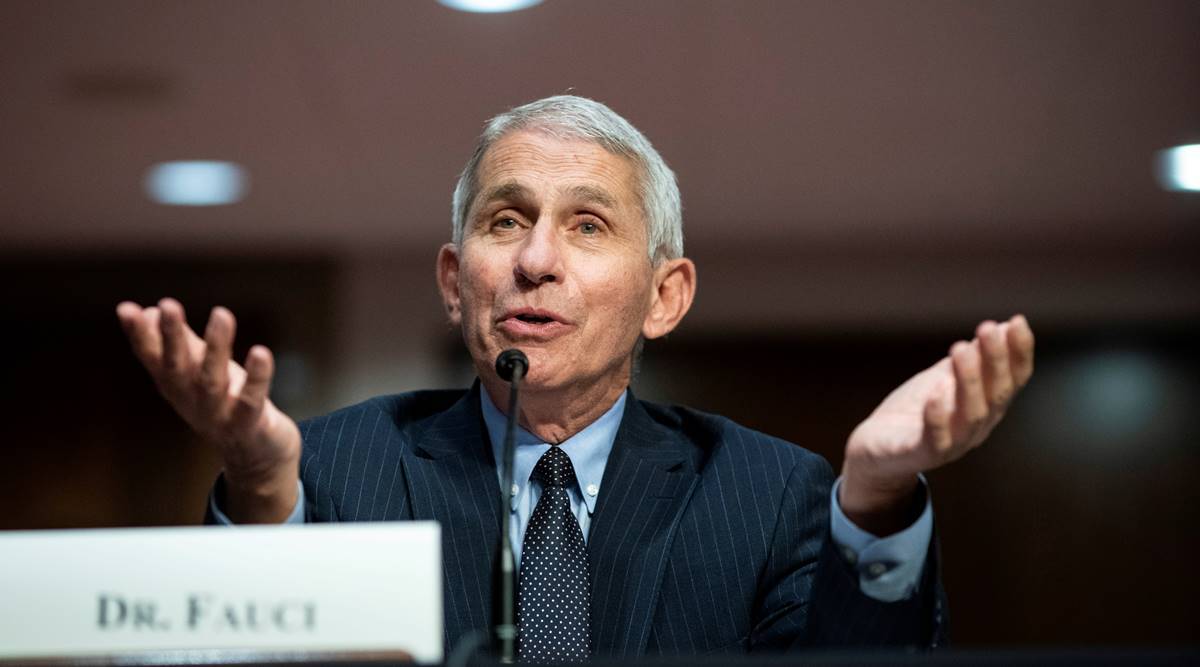 White House's chief medical adviser Dr Anthony Fauci (File photo/Reuters)
White House's chief medical adviser Dr Anthony Fauci (File photo/Reuters) People who have been vaccinated against the coronavirus will require a booster shot to remain protected, according to the US’ top infectious disease expert Dr Anthony Fauci. However, exactly when the shot should be administered still remains unclear, he said.
“I don’t anticipate that the durability of the vaccine protection is going to be infinite,” Dr Fauci said at a Senate Appropriations subcommittee hearing on Wednesday. “It’s just not. So I imagine we will need, at some time, a booster. What we’re figuring out right now is what that interval is going to be.”
Researchers are still closely observing participants of the clinical trials for various vaccines to see how long their resilience against the virus persists, Fauci added. So far, vaccines appear to be effective for anywhere between six months to a year.
Last week, the CEOs of US vaccine manufacturers Moderna and Pfizer said that those who had received the first dose of the coronavirus vaccine when the US’ inoculation drive first started late last year, could potentially need a booster shot by September.
“People at highest risks (elderly, healthcare workers) were vaccinated in December/January. So I would do [a] September start for those at highest risk,” Moderna CEO Stéphane Bancel said in an interview with Axios.
However, Fauci has avoided laying down a specific timeline for the administration of a booster shot. “We may not need it for quite a while,” he told the Washington Post earlier this month. “We are preparing for the eventuality that we might need boosters, but I think we better be careful not to let the people know that inevitably X number of months from now, everyone is going to need a booster. That’s just not the case.”
On Tuesday, Bharat Biotech launched trials for the third booster dose of its Covid-19 jab Covaxin. The aim of the trial is to use the additional booster dose to test the ability of Covaxin to prompt an immune response that could last a few years.
- The Indian Express website has been rated GREEN for its credibility and trustworthiness by Newsguard, a global service that rates news sources for their journalistic standards.

